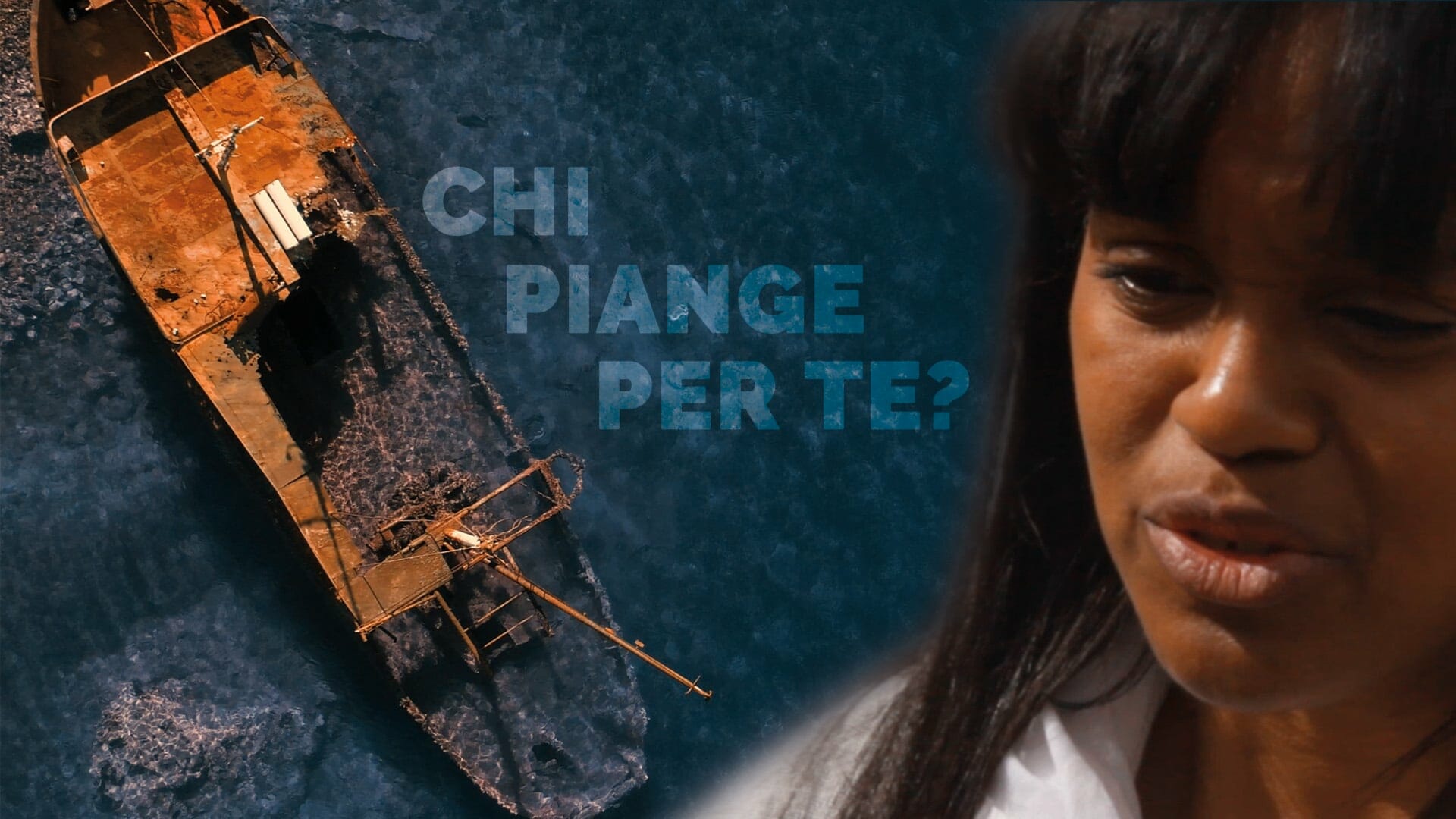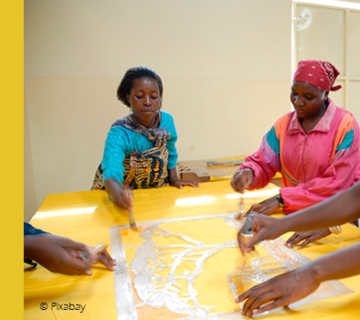After yet another tragic shipwreck of migrants in the Mediterranean, Gen Verde wrote a song in 2013 inspired by the true story of a little girl who was among the victims. Today issues related to migration remain dramatically topical, and the group has just released a new video for the song.
“When someone suffers, it’s our business,” affirm the international music group Gen Verde. “Never allow indifference to take over – have the courage to cry in the face of pain and the ability to take care of others.”
On 9 May they released this message along with their new video for their song “Who cries for you?”
It’s based on a true story of a child migrant who died in one of the many shipwrecks in the Mediterranean Sea. On 3 October 2013, her body lay in a hangar on the island of Lampedusa, Italy. Together with her, 368 migrants lost their lives. It was one of many tragedies in the Mediterranean Sea that have been occurring for too many years now.
It was not unlike the one 21–22 April, where 130 migrants in a shabby dinghy, in waves more than six meters high, were fleeing from the horror they had experienced in Libya. And there, off the coast of Libya, screaming for help through an alarm phone for two days, they found no help. These 130 people were left to drown – yet another tragedy in this graveyard of the Mediterranean.
“We have fallen into the globalization of indifference,” said Pope Francis after the October 2013 shipwreck. “We have become accustomed to others’ suffering; it does not concern us; it is none of our business!”
“After composing the song ‘Who cries for you?’”, explain Gen Verde, “we realized that for so many it helped change their perspective and awaken that flame of tenderness and solidarity that we all carry inside. That’s why, by popular demand, we are releasing it yet again with a brand-new video clip that we hope will help us step in the shoes of those who suffer.
“Because if we awaken the consciousness that those who are at the mercy of the waves are really our brothers and sisters to be taken care of, our way of thinking and acting will also change. This way there will no longer be ‘others’, but only an ever-growing ‘we’ that will come to include everyone.”
Lorenzo Russo


 Italiano
Italiano Español
Español Français
Français Português
Português




Ogni fratello che mi accosta è Gesù che vuole fermarsi a casa mia …